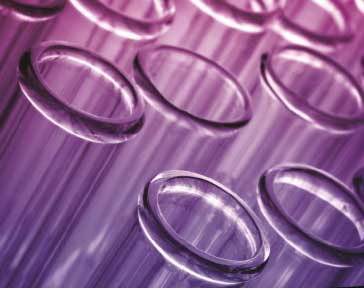ISB at Eastside Science Cafe
 isbscience.org/news/2013/02/11/personal-genome-sequencing-at-eastside-science-cafe/
isbscience.org/news/2013/02/11/personal-genome-sequencing-at-eastside-science-cafe/
Personal Genome Sequencing Discussion at Eastside Science Cafe.
Jared Roach, Ph.D., M.D., Institute for Systems Biology, will be presenting at Eastside Science Cafe:
Monday, 11 February 2013 – 7:00pm
Location:
Wilde Rover, Kirkland Click here for Map
The first personal genomes were sequenced only five years ago and cost millions of dollars. Personal genome sequencing is now a thousand times cheaper, and many people are considering sequencing their own genomes to help answer a variety of questions, covering topics ranging from their ancestry to their health. At the February Eastside Science Café, join the Institute for Systems Biology’s Jared Roach, M.D., Ph.D., to explore some of the new knowledge about the genome. Download the PDF flyer.
Eastside Science Café is held on the second Monday of each month. Did you miss a café and want to hear the discussion? Most Science Cafés are recorded by KCTS 9 and are available for online viewing. Eastside Science Cafés take place at Wilde Rover in Kirkland and are presented in partnership with Pacific Science Center and KCTS 9.






